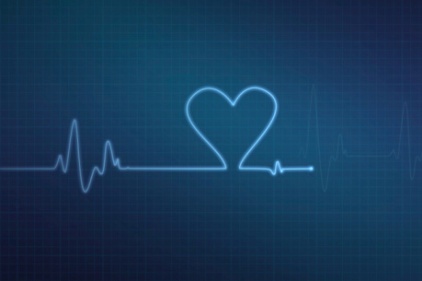Health Experts: know your stroke riisks

 May is American Stroke Month and the American Heart Association (AHA) and American Stroke Association (ASA) are using the occasion to remind us that managing our blood pressure is the most important thing we can do to help reduce our chances of having a stroke.
May is American Stroke Month and the American Heart Association (AHA) and American Stroke Association (ASA) are using the occasion to remind us that managing our blood pressure is the most important thing we can do to help reduce our chances of having a stroke.
Many individuals don’t consider themselves to be candidates for high blood pressure, or don't know what to look for in terms of risk factors.
Tbe AHA and ASA have come up with a list of the top seven factors that contribute to high blood pressure:
• Family history – If your parents or a close blood relative have suffered from high blood pressure in the past, it puts you at risk as well. Do your research and get to know your family tree and your loved ones medical history.
• Aging - As we get older, we all develop a risk for high blood pressure and cardiovascular diseases. Blood vessels lose flexibility during the aging process which contributes to increasing pressure in your cardiovascular system.
• Gender – Men tend to have a higher percentage of high blood pressure than women until age 45. Between ages 45 to 50 and 55 to 64, the percentages between men and women with high blood pressure are similar. After age 64, women have a much higher percentage of high blood pressure than men.
•Lack of physical sctivity – It’s time to stop making excuses and get out and get moving. An inactive lifestyle increases your chances of having high blood pressure. Give yourself the gift of improved health and lower your blood pressure naturally with regular exercise.
•Poor diet – A diet that’s high in calories, fats and sugars and low in essential nutrients contributes to poor health. In addition, a diet that’s high in salt is also a contributing factor to having high blood pressure. Salt keeps excess fluid in the body that can add to the burden on the heart. The recommended sodium intake: less than 1500 mg per day.
•Weight - Over two-thirds of American adults are overweight, which causes excess strain on the heart, raises blood cholesterol and lowers good cholesterol levels. Losing as little as 10 to 20 pounds, can help you take control and lower your high blood pressure.
•Drinking too much alcohol – Heavy and regular use of alcohol can increase your blood pressure dramatically. It can also cause heart failure, lead to stroke and produce irregular heartbeats. If you drink, limit your alcohol consumption to no more than two drinks a day for men and one drink per day for women.
It's also recommended that you schedule an appointment with your physician to discuss your possible risk factors and what you can do to curb high blood pressure and reduce heart disease and stroke risks.
The AHA/ASA also offer complimentary tools and resources to help you live a heart-healthy life:
• In just a few minutes, with the My Life Check, you can learn about the state of your heart health and what you can do to live a better life. Visit heart.org/mylifecheck and take the assessment today.
•To learn to monitor your blood pressure on a regular basis, and share that information with a healthcare provider or family member, visit Heart360.org.
•In addition to the tools listed above, take a minute and explore the new Watch, Learn, and Live – Interactive Cardiovascular Library. This new library contains informative illustrations and animations about a variety of conditions, treatments and procedures related to heart disease and stroke, including high blood pressure. Visit watchlearnlive.heart.org for more information.
Looking for a reprint of this article?
From high-res PDFs to custom plaques, order your copy today!






